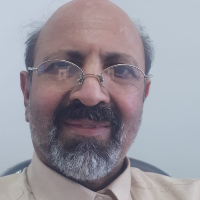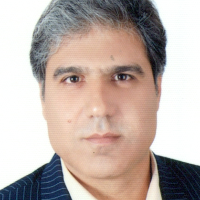Identifying and Explaining Interpersonal and Social Communication Problems in Junior High School Students in Tehran as Seen by Teachers
In any society, schools have crucial importance when it comes to improving social and interpersonal relationships and solving social problems. One of the best ways to solve social problems is to identify communication problems and provide training in communication skills from lower ages, particularly in primary school. Therefore, the present study poses the question: what interpersonal and social problems can be found in second-grade primary schoolchildren? This study has been conducted using the qualitative content analysis method with a summative approach. Analyzing interview transcripts with 20 teachers from three different school districts in the city of Tehran (Districts 15, 16, and 19) led to eight different categories identified for students' interpersonal and social problems: 1. problems regarding controlling emotions and creating tension, 2. problems arising in discourse or getting one's message across, 3. collaboration and teamwork problems, 4. problems in problem-solving and thinking, 5. character-wise problems, 6. self-protection problems, 7. problems in intrapersonal communication, and 8. weaknesses in making friends. From teachers' point of view, communication problems cannot be solved by providing students with instructions alone; some variables need to be taken into consideration and changed and revised significantly, such as harmony among different institutions (i.e. families, neighborhoods, school, the media, etc.), teachers' skills, the number of students, students' grade, how long training lasts, the adequacy of school personnel as well the education content itself.
-
Technical and Vocational Education Master's Course Curriculum: Presentation of suggested course titles for teacher training universities of technical and vocational education in Iran
Neda Didehvar, Nematollah Mosapour *, Gholamreza Yadgarzade, Masoume Sadat Abtahi
Qurterly Journal of Research and Planing in Higher Education, -
Re-Analysis of "Peer Tutoring" Researches in The Last Fifty Years: A Bibliometric Analysis based on "Web of Science" Data
Naeem Fahim, *, Abdulwahab Samavi
Journal of Curriculum Studies, -
Identify and explain the aesthetic components of the curriculum based on the Masnavi -ye- Manavi
Mekaeel Alipoor *, Hassan Malaki, Mostafa Ghaderi, , Mohammad Hassan Hassanzadeh
Scientific Journal of Islamic Education, -
Synthesis of teachers' cultural knowledge components
Ebrahim Mohammadjani, Mostafa Ghaderi *, Hasan Maleki, ,
Journal of Theory and Practice in Curriculum,



